An Economic Privilege Deep Dive
Last week I shared the first of several posts in a series on economic privilege. I talked about how many people are beginning to touch on their own privilege during the current social justice movement, but that recognizing it alone does not do enough.
This week, I want to dive deeper into how to unpack and recognize your economic privilege and how to begin to transition this understanding into actions that are aligned with your values. Be forewarned: this is not something that you can just do in a day and be done with. As a lover of checklists I am always tempted to action-item away my own personal emotional and developmental work, and I suspect a few of you have similar tendencies. So, for those of us who like to cross things off lists, know that working on your own understanding of privilege and how you want to move through and impact the world around you will be an ongoing checklist item. Think about it more like “drink water” as opposed to “file taxes”.
In the last post I shared a list of common instances in which folks experience economic privilege. Today, I want to walk you through a couple journaling exercises that I have put together to help folks dive deeper into their own understanding. This is HARD WORK, so I recommend starting with whichever prompt speaks to you first. Don’t worry about going in order and don’t worry about fully answering the question in one sitting. Instead, try out a prompt for about 10 minutes (or as long as you’d like!) and then give yourself some time to let it ruminate in your head. Come back to that same prompt in a few days and see if you have anything to add or if any new ideas have come to mind. Do the same with each question that feels relevant to you.
Journal Prompts to Help Uncover Your Economic Privilege
What are some examples of times when you were given opportunities that other people may not have been offered? Did you recognize that as privilege at the time? In what ways have those opportunities helped you throughout your life? Note: one helpful way to answer this may be by creating an impact timeline (i.e. because of that unpaid internship I met the person who connected me with my first boss. That first job helped me learn x, y, and z which then made it possible for me to…).
Imagine that as a young adult (18 years old) you had the responsibility of economically caring for other members of your family. What school and career decisions would you have made? How would that have changed your life trajectory?
Most people take their economic privilege for granted. When are some times that you have taken it for granted in your life? What if instead you recognized your privilege at that time? How would that have changed your attitude or actions?
How would your life trajectory have changed if you had/have large student loans? Would you have made the same career choices that you have made? How would that impact your day-to-day life experiences?
Once you are primed and have begun to really understand your place in the spectrum of economic privilege, you may be asking yourself: “but what do I do with this information?”. The answer is, unfortunately, that it depends. It depends on your values and how you want to interact with those around you. I hope that for all of you it means that you’ll decide to use your privilege in a way that helps others, but the way you help will likely differ greatly. Below are a few ideas to get you started.
Use some of your cash privilege to donate to organizations that are aligned with your values (check out this post, this post, or this post on voting with your wallet)
Use some of your material privilege to donate items to organizations that can help others
Use some of your economic privilege to sponsor events
Use some of your economic privilege to donate your professional time to others (i.e. Verdi Advising has an ongoing pro bono client program and is now expanding to include regular pro bono workshops for nonprofit organizations and their communities)
Use some of your connection privilege to help those who are less privileged than you (individuals or organizations) get connected with potential employers, mentors and donors.
Use some of your time privilege to volunteer with organizations that are aligned with your values. Not sure about venturing out in public during the pandemic? Totally fair! Lots of organizations have opportunities to help remotely.
Use some of your privilege to reach out to your political representatives (don’t forget your local ones -- they often are the most important!) to encourage them to vote in a way that is aligned with your values.
Not sure who to call or what to say? Check out 5calls.org as a great first resource.
Next week we’ll discuss how to determine what makes the most sense for you and how to get started on your actions.
XOXO

